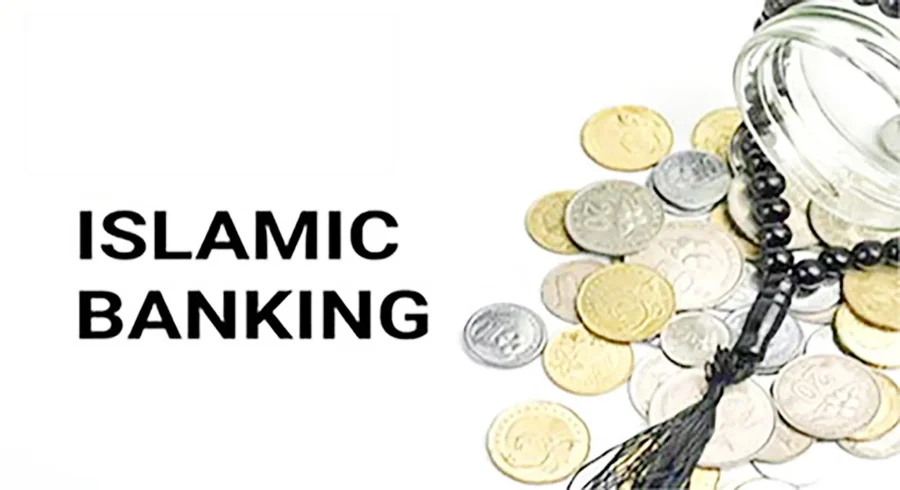Bahrain’s Islamic banking market share is expected to increase to over 50% of total domestic banking sector assets in the short-to-medium term on the back of mergers and acquisitions as well as from sustained demand for Islamic products, Fitch Ratings says.
Rising rates should also support Islamic and conventional banking sector profitability, with reasonable liquidity and capital adequacy buffers expected to be maintained in 2023.
Islamic banking has significant importance in Bahrain, comprising 38.3% of domestic banking system assets and 18.5% of total banking system assets (including foreign assets) at end-2022. Islamic banks’ assets (including Islamic-banking windows available at conventional banks) increased by 7.6% in 2022 – a faster pace than conventional banks’ asset growth of 2%.
A major boost to the sector will come from the acquisition of Ahli United Bank B.S.C. (AUB), a Bahrain-based conventional bank, by Kuwait Finance House K.S.C.P. (KFH), Kuwait’s largest Islamic lender. KFH plans to convert AUB and its subsidiaries into fully sharia-compliant banks. AUB had a 13% market share of the Bahraini domestic banking sector assets as of end-2022, making the combined entity one of the largest domestic banks in Bahrain.
The acquisition has resulted in KFH becoming the world’s second-largest Islamic bank by assets. Fitch expects the sharia conversion to be completed between end-2023 and end-1Q24 based on current estimates.
Bahrain’s Islamic banking market is the seventh-largest globally, with total assets of USD41.6 billion or 92.4% of Bahrain’s GDP. The sector’s growth is supported by a long-established financial services sector, the enabling regulations for Islamic finance, demand for Islamic products from Bahrain’s Muslim-majority population, a deep distribution network, and the presence of skilled human-capital.
More favourable prudential requirements are also supporting Islamic banking growth. The regulator, the Central Bank of Bahrain (CBB), grants Islamic banks a 30% “alpha-factor” which is a discount in the calculation of risk-weighted assets; conventional banks are not granted this discount.
This provides a sizable uplift to Islamic banks’ capital ratios, allowing Islamic banks to grow and capture market share with less capital constraint. Fitch calculates that Bahrain Islamic Bank benefits from a sizeable uplift to its capital ratios as a result.
Bahrain also has a wider availability of Islamic liquidity-management tools compared to most other countries. This includes Islamic repurchase agreements (repos), remunerative deposits with CBB, short-term and longer-term government sukuk, and interbank placements with both Islamic and conventional banks.
In 2022, Islamic retail banks’ profitability and asset-quality metrics improved, though they lagged the performance of conventional retail banks. The liquidity profile of Islamic banks was also adequate, albeit weaker than conventional banks. The capitalisation profiles of Islamic and conventional banks were satisfactory.
Other acquisitions completed in 2022 include Al Salam Bank-Bahrain’s purchase of the consumer banking business of Ithmaar Bank. GFH Financial Group also increased its stake in GB Corp to 62.91% (2020: 50.41%). The flows were not all one way. Al Baraka Group signed agreements to exit from two of its subsidiaries: Bank Al-Tamweel Wa Al-Inma in Morocco, and Itqan Capital in Saudi Arabia.
Despite the growth, Bahrain’s share of global Islamic banking assets remains small at 3.3% at end-2021, according to the Islamic Financial Services Board, mainly due to the economy’s small size. However, it was higher than Indonesia’s (1.9%) and Turkiye’s shares (2.9%), despite the economies of both countries being more than 10 times larger than Bahrain’s.
Outstanding sukuk volumes in Bahrain reached USD14.3 billion at end-2022, which represented 31.1% of all outstanding debt capital market products, from 28.5% in 2021. The takaful sector had 12% market share of total insurance sector premiums in 2020, and was higher than the share of UAE (10.2%) and Qatar (7.9%).— Fitch Ratings










